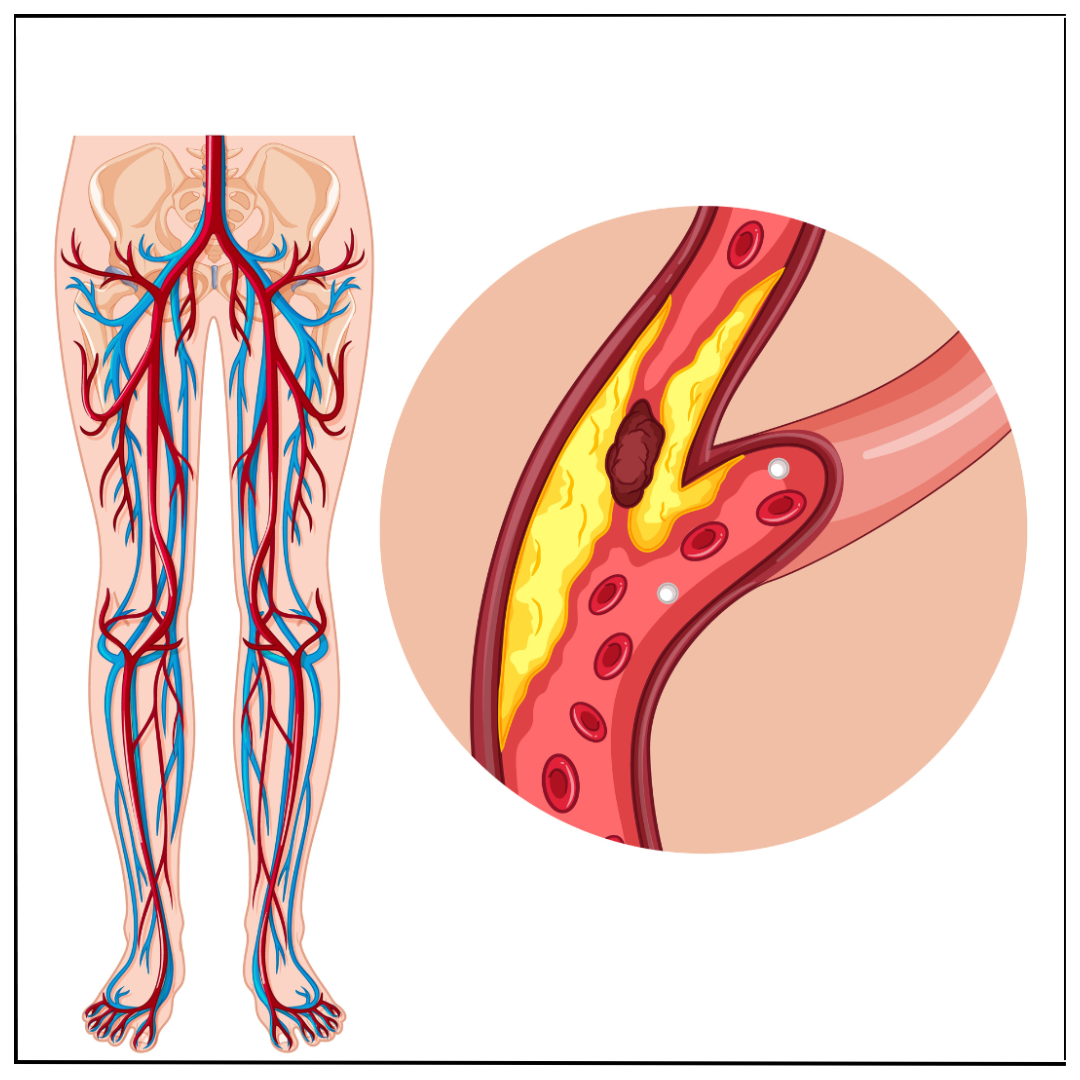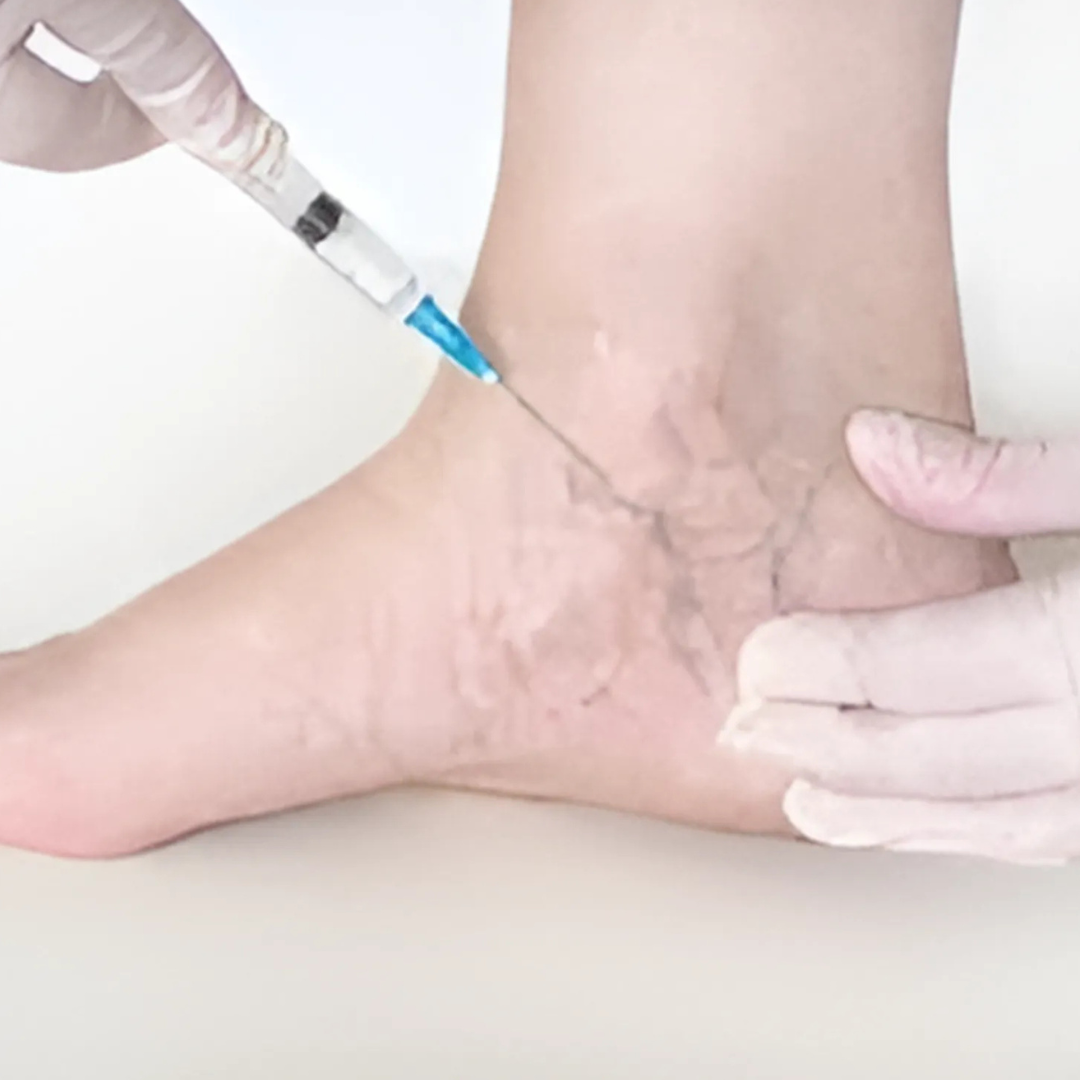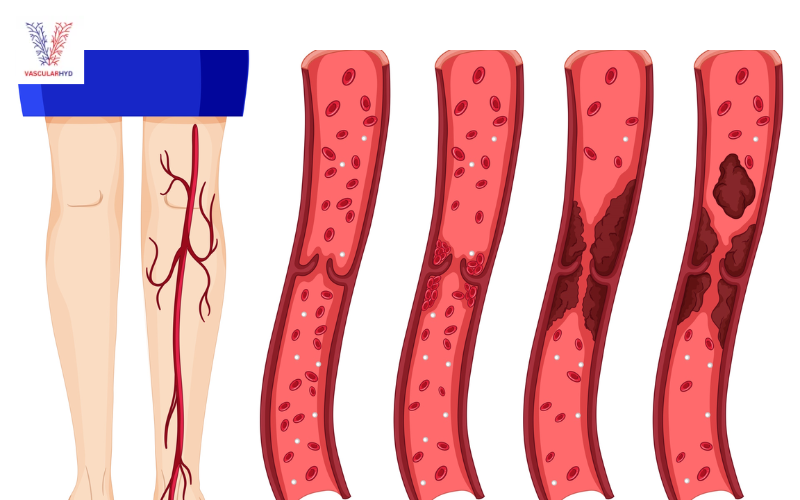What Is Deep Vein Thrombosis (DVT)?
DVT occurs when a blood clot forms in a deep vein, typically in the lower legs or thighs. These clots can partially or completely block blood flow and, if dislodged, may travel to the lungs—causing a life-threatening pulmonary embolism (PE).
Common DVT Symptoms Include:
- Swelling in one leg
- Pain or tenderness, especially when standing or walking
- Warmth or redness over the affected area
- Leg cramps, often starting in the calf
However, DVT can also be silent, meaning some people may not experience noticeable symptoms. That’s why prevention and awareness are crucial—especially while traveling.
Why Long Travel Increases DVT Risk
Extended periods of sitting—whether on a plane, in a car, or on a train—can restrict blood flow in the lower extremities. When the legs remain still for too long, blood pools in the veins and increases the risk of clot formation.
Factors that elevate DVT risk during travel include:
- Flights longer than 4 hours
- Dehydration due to low cabin humidity
- Pressure changes at high altitudes
- Limited legroom reducing circulation
- Crossing legs for prolonged periods
Who Is at Risk?
Not everyone faces the same risk while traveling. According to Dr. Rahul Agarwal, individuals with the following conditions should be particularly cautious:
- History of DVT or pulmonary embolism
- Family history of clotting disorders
- Recent surgery or hospitalization
- Obesity
- Pregnancy
- Cancer or ongoing cancer treatment
- Smoking
- Use of hormone therapy or birth control pills
If you're unsure about your risk, it’s advisable to consult a vascular surgeon before any long journey.
Expert Tips to Prevent DVT During Travel
1. Move Around Regularly
Get up and walk at least once every hour. On a flight, walk down the aisle or perform in-seat leg stretches. If you’re in a car, take a break every 1–2 hours to walk and stretch your legs.
2. Wear Compression Stockings
Graduated compression stockings help promote healthy blood flow in the legs. Dr. Rahul Agarwal recommends compression wear for patients at moderate to high risk of DVT, especially during long (>4 hours flight) air travel.
3. Stay Hydrated
Drink plenty of water before and during your trip. Dehydration can thicken your blood and increase clotting risk. Avoid alcohol and caffeine, which can dehydrate the body.
4. Avoid Crossing Legs
Crossing your legs for long periods can compress veins and reduce circulation. Keep your feet flat on the floor and shift positions regularly.
5. Dress Comfortably
Tight clothing, especially around the waist and legs, can restrict blood flow. Choose loose-fitting, breathable attire for long trips.
6. Perform Simple Leg Exercises
Every 30 minutes, try:
- Ankle circles
- Calf raises
- Toe lifts
- Knee-to-chest stretches
These movements improve circulation and reduce the chance of blood pooling.
7. Consider Preventive Medication
For high-risk individuals, Dr. Rahul Agarwal may prescribe a low-dose blood thinner (anticoagulant) before travel. Never self-medicate—always consult your doctor.
When to See a Specialist Before Traveling
If you’ve experienced DVT before or have known vascular risk factors, scheduling a pre-travel consultation with a vascular expert is highly recommended.
Dr. Rahul Agarwal at VascularHyd provides comprehensive vascular screenings and personalized travel plans. He will evaluate your medical history, risk factors, and current health status to recommend appropriate preventive measures.
Why Choose Dr. Rahul Agarwal and VascularHyd?
As a highly experienced Vascular and Endovascular Specialist, Dr. Rahul Agarwal is trusted by patients across Hyderabad for treating complex vascular issues, including DVT.
At VascularHyd, patients receive:
- Advanced diagnostic tools (including Doppler ultrasound)
- Minimally invasive DVT treatment options
- Personalized prevention plans for travel and daily life
- Compassionate care in a modern clinical environment
Dr. Agarwal’s practice in Banjara Hills is one of Hyderabad’s leading centers for vascular care, offering everything from venous assessments to endovascular interventions.
Post-Travel: Watch for Warning Signs
After a long journey, it’s essential to monitor your body for any unusual symptoms in the days that follow. Contact a vascular surgeon immediately if you notice:
- Unexplained swelling in the leg
- Redness, warmth, or pain in the calf
- Sudden shortness of breath
- Chest pain or rapid heartbeat
Prompt medical intervention can prevent complications and save lives.
Book a Consultation Today
Travel doesn’t have to be stressful when you're informed and prepared. If you’re concerned about DVT risk, consult with Dr. Rahul Agarwal before your next trip. With expert care and proactive measures, you can stay safe and healthy—no matter how far you’re going.
.png)






 (1).png)

